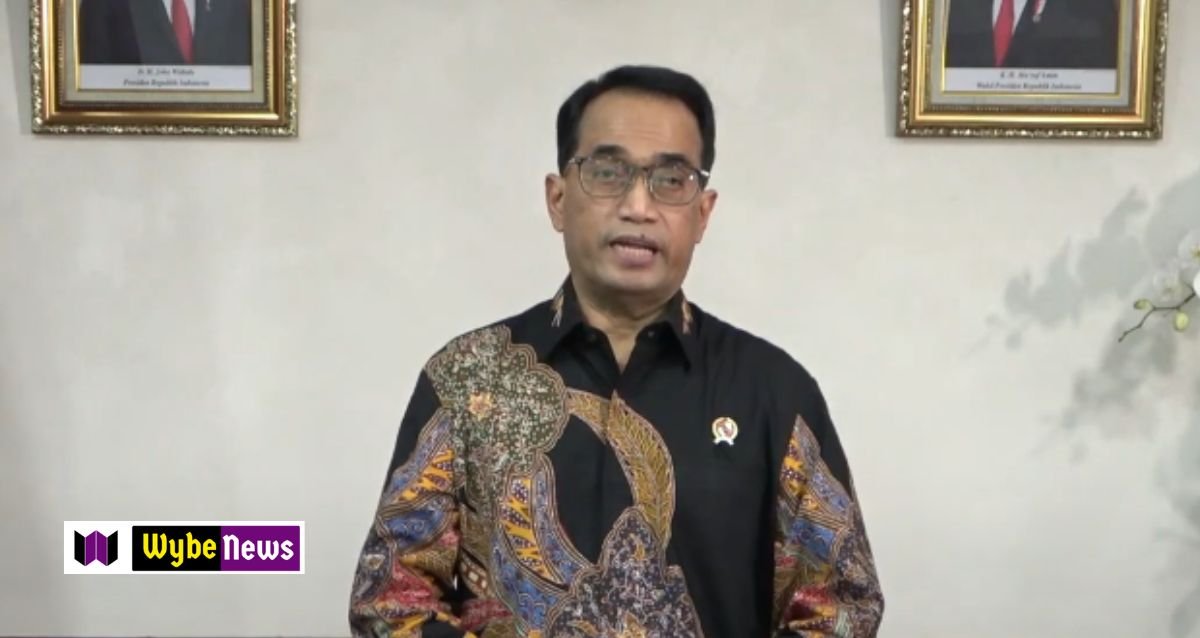Nepal’s Economy Faces Slow Growth Amidst Political Uncertainty and External Challenges

Nepal’s Economy Faces Slow Growth Amidst Political Uncertainty and External Challenges
Nepal’s economy is projected to grow at a sluggish pace this fiscal year, facing numerous challenges ranging from political instability to external uncertainties, according to the latest report from the World Bank.
The multilateral funding agency forecasts a growth rate of 3.3 percent for Nepal in the fiscal year 2023-24, marking an improvement from the previous year’s 1.9 percent growth. However, this projection falls short of the government’s estimate, highlighting the grim realities facing the country’s economic landscape.
Political Uncertainty and Corruption Scandals
Political uncertainty, corruption scandals, market anomalies, and climate threats have eroded private sector confidence, hindering investment and economic growth. Frequent changes in government leadership have contributed to a volatile business environment, deterring both domestic and foreign investors. Corruption and lack of accountability have further stifled growth, exacerbating public frustration and undermining trust in the government and private sector.
Sophisticated scams, including fake Bhutanese refugees, gold smuggling, cooperative funds embezzlement, and land grabs, have exposed the extent of corruption and financial irregularities in the country.
External Challenges and Vulnerabilities
Externally, Nepal grapples with geopolitical uncertainties, rising commodity prices, and protectionist policies in neighboring India, which have contributed to increased costs for an import-dependent economy. The country’s reliance on remittance inflows poses additional vulnerabilities, particularly in the face of external shocks.
Despite record-high foreign exchange reserves, Nepal’s economic resilience is tested by limited job opportunities, mass emigration of young people, and weak domestic demand for investments. The contraction in public consumption and investment reflects subdued economic activity and underscores the need for revitalizing growth engines.
Revitalizing Growth and Fostering Inclusive Development
The service sector, particularly accommodation and food services, shows potential for growth, driven by increased tourist arrivals and government support for real estate loans. However, challenges such as oversaturation in the restaurant industry and the lure of higher wages abroad dampen prospects for sustained economic recovery.
Looking ahead, the World Bank emphasizes the importance of business environment reforms to attract private investment and support medium-term growth. Strengthening Nepal’s international competitiveness through export promotion, tourism development, and foreign direct investment is crucial for diversifying revenue sources and mitigating external vulnerabilities.
As Nepal navigates through economic challenges, addressing political uncertainties, enhancing governance, and fostering a conducive investment climate are imperative for unlocking the country’s growth potential and fostering inclusive development. Collaborative efforts between government stakeholders, private sector actors, and international partners are essential for charting a path towards sustainable and resilient economic growth in Nepal.






